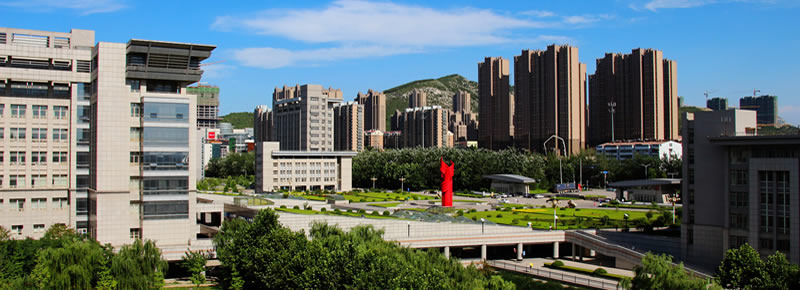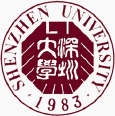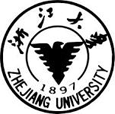Impact of Sulfate Activation of Slag Cement on the Performance of Coarse Recycled Aggregate Concrete
Abstract
The global construction industry is facing increasing pressure to adopt sustainable practices, driving the search for alternatives to conventional concrete. This research investigates the development of eco-friendly concrete by replacing virgin coarse aggregates with recycling plant-based coarse recycled aggregates (CRAs) and utilising Portland slag cement (PSC). While PSC-CRA based concrete offers environmental advantages, it typically exhibits lower early-age strength and durability, limiting its practical application. To address these limitations, a systematic experimental study was conducted to evaluate the efficacy of sodium sulfate (Na2SO4) as a chemical activator to the binder. This research comprehensively assessed the impact of the activator on compressive strength, water absorption and resistance to hydrochloric and sulfuric acid attacks. Microstructural characterization was also performed by scanning electron microscopy (SEM) to understand the underlying performance enhancement mechanisms. Key findings reveal that Na2SO4 activation significantly improved early-age strength, achieving a target strength of 40 MPa even at 100% CRA (i.e., NC100) replacement and enhanced durability properties. SEM analyses confirmed the formation of denser hydration products (i.e., CSH and CASH gels) and ettringites, correlating with the observed improvements. Also, carbon dioxide emissions (CO2) and cost implications demonstrated the environmental and economic benefits of activated PSC-CRA-based concrete. This study validates the potential of Na2SO4 activated PSC-CRA based concrete as a viable and sustainable construction material, offering a practical solution to the performance deficiencies of non-activated PSC-CRA based concrete mixtures and contributing to the advancement of sustainable construction practices.
Keywords
Portland slag cement, coarse recycled aggregates, strength, durability, sustainability.
DOI
10.5703/1288284318133
Recommended Citation
Ikramullah Khan, MD and Ram, V Vinayaka, "Impact of Sulfate Activation of Slag Cement on the Performance of Coarse Recycled Aggregate Concrete" (2025). International Conference on Durability of Concrete Structures. 7.
https://docs.lib.purdue.edu/icdcs/2025/act/7
Impact of Sulfate Activation of Slag Cement on the Performance of Coarse Recycled Aggregate Concrete
The global construction industry is facing increasing pressure to adopt sustainable practices, driving the search for alternatives to conventional concrete. This research investigates the development of eco-friendly concrete by replacing virgin coarse aggregates with recycling plant-based coarse recycled aggregates (CRAs) and utilising Portland slag cement (PSC). While PSC-CRA based concrete offers environmental advantages, it typically exhibits lower early-age strength and durability, limiting its practical application. To address these limitations, a systematic experimental study was conducted to evaluate the efficacy of sodium sulfate (Na2SO4) as a chemical activator to the binder. This research comprehensively assessed the impact of the activator on compressive strength, water absorption and resistance to hydrochloric and sulfuric acid attacks. Microstructural characterization was also performed by scanning electron microscopy (SEM) to understand the underlying performance enhancement mechanisms. Key findings reveal that Na2SO4 activation significantly improved early-age strength, achieving a target strength of 40 MPa even at 100% CRA (i.e., NC100) replacement and enhanced durability properties. SEM analyses confirmed the formation of denser hydration products (i.e., CSH and CASH gels) and ettringites, correlating with the observed improvements. Also, carbon dioxide emissions (CO2) and cost implications demonstrated the environmental and economic benefits of activated PSC-CRA-based concrete. This study validates the potential of Na2SO4 activated PSC-CRA based concrete as a viable and sustainable construction material, offering a practical solution to the performance deficiencies of non-activated PSC-CRA based concrete mixtures and contributing to the advancement of sustainable construction practices.





